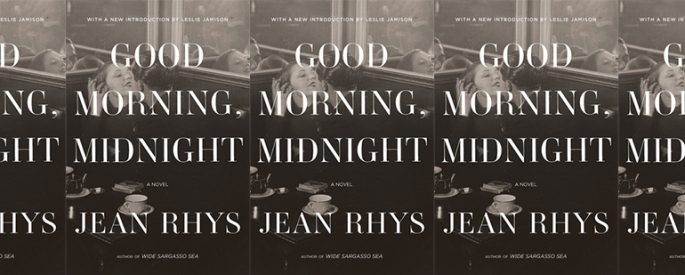Jean Rhys Archive
Good Morning, Midnight and the Failure of Our Daily “Programs”

Reading Jean Rhys’s 1939 novel, I soon landed on the lazy word unlikeable to describe its protagonist. The moment the word arose in my mind, I was suspicious, but I found Sasha’s inability to make a place for herself in the world, even on the margins, exasperating.
Fearless Girl, Charging Bull, and the Problem of Authorial Intent

Some argue that Fearless Girl is not a “legitimate” work of art because its meaning is dependent on Charging Bull, but works of art often appropriate parts (or even all) of other works in order to synthesize new meaning.
Is it Time for a Response to Lolita?

If that reality was so vital to Nabokov, if its silenced heart is what makes the novel so haunting, then there is space, surely, surely, for the real, breathing girl to speak properly.
When Women Writers Become Nightmares
When we go to inspect female-presenting writers, the canon is too familiar: Emily Dickinson, Charlotte Bronte, Jane Austen. There’s no purpose in arguing this. What’s more interesting is uncovering forgotten women writers—women who wrote poetry with T.S. Eliot and Ezra Pound in life, or produced movies with Alfred Hitchcock.
Literary Blueprints: The Mad Woman
In this second installment of the Literary Blueprints series, we’ll look at the Mad Woman. Don’t forget to read the first Blueprint, The Byronic Hero. Origin Story: Also referred to as “The Mad Woman in the Attic,” this character type hails from the dark side of Jane Eyre. Bertha
Retelling Tales: A Writer’s Guide

So much of modern cinema and fiction revolves around the anti-hero and the sympathetic villain. Our culture seems to need our protagonists to be damaged or troubled in some way. It’s as if in some grand pursuit of Nietzsche’s rejection of absolutes, we can only accept shades of gray.